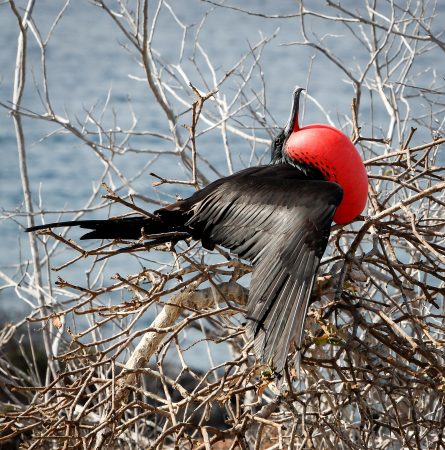UK Government Budget 2020
The UK government disclosed this year’s budget on the 11th March. It includes increases in spending in biodiversity conservation, and climate change mitigation and adaptation. Notable commitments include: – £640m Nature for Climate Fund to restore 35,000 hectares of peatland and plant 30,000 hectares of trees (an area about the size of Birmingham) in England […] March 12, 2020
The UK government disclosed this year’s budget on the 11th March. It includes increases in spending in biodiversity conservation, and climate change mitigation and adaptation. Notable commitments include:
– £640m Nature for Climate Fund to restore 35,000 hectares of peatland and plant 30,000 hectares of trees (an area about the size of Birmingham) in England by 2025. The tree planting target falls well short of the government’s pre-election pledge to plant 30,000 hectares every year, unless Scotland, Wales and Northern Island reveal substantially more ambitious plans. The Nature for Climate Fund is thought to be too small a fund to cover all the tree planting and peat restoration costs; significant private investment will also be necessary. Slightly more (£800m) was promised to support the development of two Carbon Capture and Storage plants by 2030. Neither of these actions match the scale required in order to meet the net-zero by 2050 target; they increase the chance of more desperate and more expensive action in coming decades.
– £25m toward the Nature Recovery Network in England, which involves partnering with businesses and local communities to protect and restore natural habitats, with strategic restoration on a landscape scale to maximise the social and biodiversity benefits. This investment is significantly more than previous spending on ecological networks.
– Up to £10m for the Natural Environmental Impact Fund, for stimulating private investment in natural capital and market-based mechanisms for improving and protecting natural habitats.
– £10m per annum (3x previous spending) on the Darwin Plus programme, which conducts wildlife conservation in UK Overseas Territories. Despite being home to 94% of the endemic species for which the UK is responsible, the Overseas Territories have consistently received a small percentage of total UK conservation spending; the percentage remains small but the increase is welcome.
– £5.2b over six years from 2021 for flood defence, geared at protecting 336,000 properties using man-made and nature-based solutions. Some argue that this is insufficient, and should be complemented by a national flood resilience standard.
Whilst the increase in climate-spending is welcomed, the sums committed are insufficient to combat the scale of the nature and climate crisis we are facing. The Committee on Climate Change called the budget “a small step in the right direction”.
Moreover, the additional nature-climate funding conflicts with less progressive measures, such as keeping fuel duty frozen and the absence of funding for housing insulation. The investments in climate and nature are dwarfed by the £27b promised for road expansion and improvement up to 2025. Overall, the UK is set to miss 2020 environmental goals such as reducing greenhouse gas emissions by 37% compared to 2005 levels. In addition, the Budget announced the Reforming Regulation Initiative in order ‘to ensure that regulation is sensible and proportionate now that the UK has left the EU’, which could increase nature funding shortfalls, largely depending on whether it focuses on better regulation of businesses or simply reducing regulation.
Nonetheless, it is critical that the money devoted to biodiversity and climate action is spent as efficiently and effectively as possible. To this end, the nature-based solutions and broader climate-nature communities must continue to improve our engagement with policymakers.
For a closer examination of the budget from the climate-perspective, read Carbon Brief’s article.
